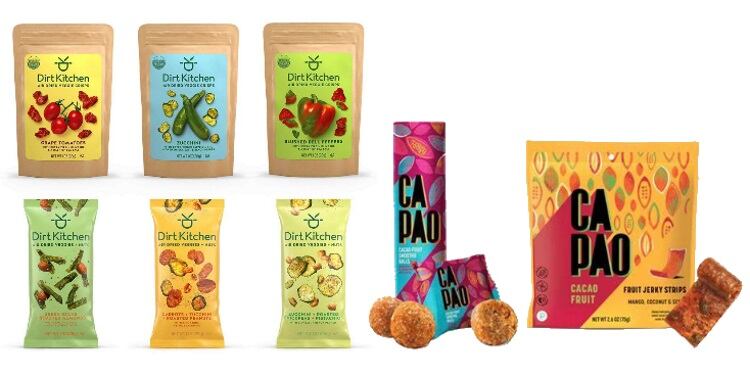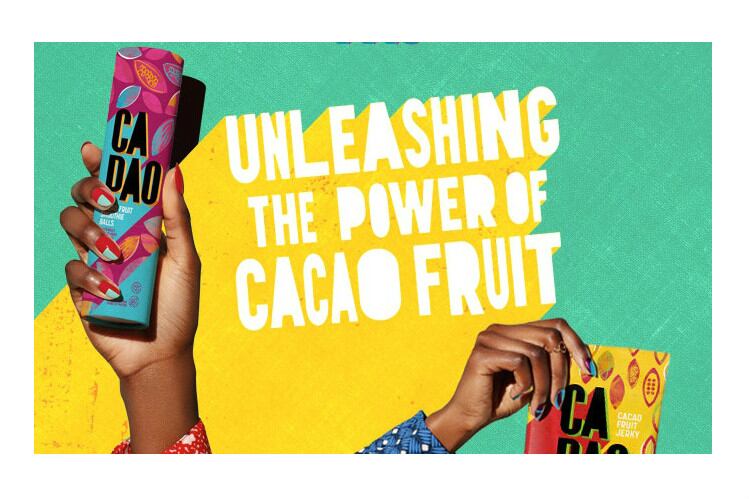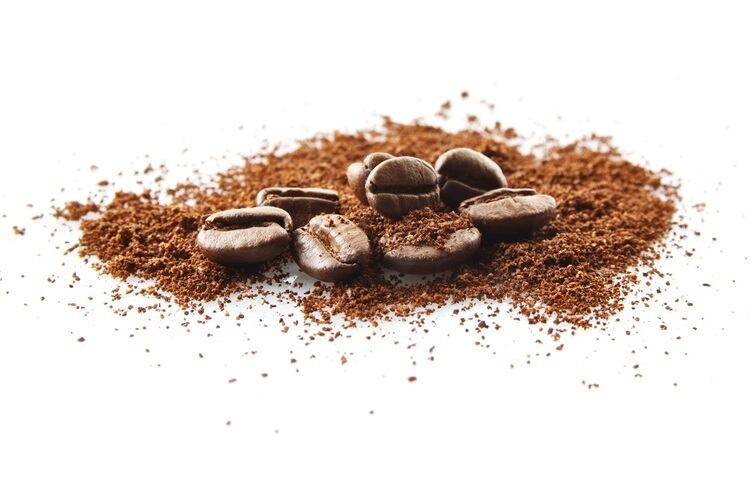The snack giant will single out 10 disruptive innovators to participate in the 12-week programme, which is set to begin in June 2021.
The programme will be customised to each participant’s business challenges and growth priorities with 1:1 mentorship, workshops and access to Mondelēz’s leadership, resources and networks. The curriculum will be a combination of virtual sessions and three in-person activities (where and when travel is permitted).
The 10 finalists will also receive a $20,000 grant.
“SnackFutures is in a unique position of both creating our own brands and investing in start-ups, so we can offer participants empathy and understanding from our own experiences along with the rigour, discipline and insights of global snacking leader,” said Brigette Wolf, global head of SnackFutures.
“It’s even more important for programmes like CoLab now as these small brands try to recover and grow out of the challenges presented by the COVID-19 pandemic.”
To apply, start-ups must be based in the US; generate at least $500,000 in revenue; have high growth potential; and are aligned with SnackFuture’s innovation priorities.
Upcycled snacks are ‘those made with ingredients that otherwise would not have gone to human consumption, are procured and produced using verifiable supply chains, and have a positive impact on the environment’.
Since its launch in 2018, the team has been immersed in the start-up community, traveling around the globe to uncover trends, gain insights and understand business challenges. The platform made planet-first innovation a key pillar of its portfolio strategy with a mission to create healthier snacks that are not only good for consumers and their communities, but also kind to the planet.
According to Lux Research’s ‘The Food Company of 2050’, sustainability is one of the six megatrend that will shape the food industry for the next 30 years. Consumers are becoming more savvy that waste is unnecessary and are selecting products that address the issue, such as misshapen fruits and vegetables and by-products that can be upcycled into snacks.
Upcycled snacks
Illustrating this commitment, two brands developed under the SnackFutures banner are made from produce that would otherwise be wasted.
CaPao are snacks made from parts of the cacaofruit that isn’t used in chocolate making. Conventional chocolate production throws out 80% of the fruit that produces cocoa beans, typically relegated to become fertilizer for other cacao trees. However, Emanuel Gävert was determined to make use of the impressive nutritional profile of the husk, pulp and cocoa butter left behind, which are packed with magnesium, iron, zinc, potassium, fibre and B vitamins.
Through Mondelez’s SnackFutures, Gävert launched CaPao with two flagship snacks – smoothie balls and fruit jerky strips – made from the ‘reimagined sweet and zesty’ bits that would otherwise go to waste.
Dirt Kitchen Snacks is on a mission to make snacking on veggies fun, but they’ve upped the ante by using produce that would normally become on-farm waste due to surplus, ripeness or bruising.
Its range of better-for-you snacks include Air Dried Veggies + Nuts mix, as well as Air Dried Veggie Crisps (zucchini, grape tomatoes and bell peppers are air dried and simply seasoned with extra virgin olive oil, sea salt and sometimes pepper.).
“There is nothing but upside to using upcycled ingredients,” said Brigette Wolf, Global Head of SnackFutures, Mondelēz International
“By creating brands built on the promise of reducing food waste, we provide a growing generation of ‘ethical consumers’ a snackable way to act on their convictions, do right by the planet and build our relevance, reputation and revenue streams as a snack leader.”
Eliminating food waste
Taking this pledge further, SnackFutures has joined the Upcycled Food Association (UFA), a non-profit organisation dedicated to preventing food waste by growing the upcycled economy.
UFA CEO and co-founder Turner Wyatt said influencers like SnackFutures can be a major force in driving attention and action around the food waste prevention movement.
“Upcycled is still a very new term, and without proper context it can be a bit confusing,” said Wyatt.
“That’s why I love that SnackFutures is able to ‘consumerise’ upcycling through snacking, and create a simple, actionable way for consumers to make an impact.”
The UFA worked with a task force of food industry players, academic researchers from universities such as Harvard, Drexel and non-profits, including ReFed, the World Wildlife Fund and Natural Resources Defense Council, to establish the first single definition of upcycled foods as “those made with ingredients that otherwise would not have gone to human consumption, are procured and produced using verifiable supply chains, and have a positive impact on the environment.”
The Upcycled Certification Programme, which allows brands and businesses to apply for a third-party certification of ingredients and products, launches later this year.





